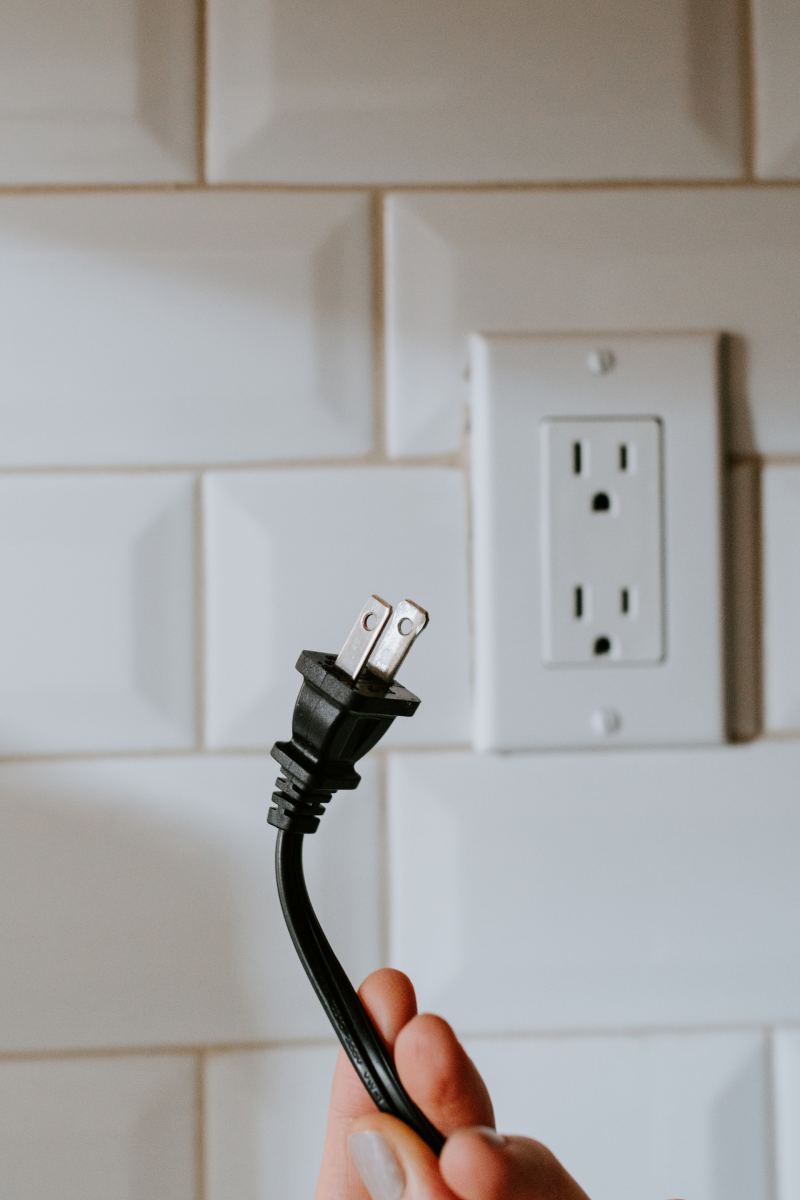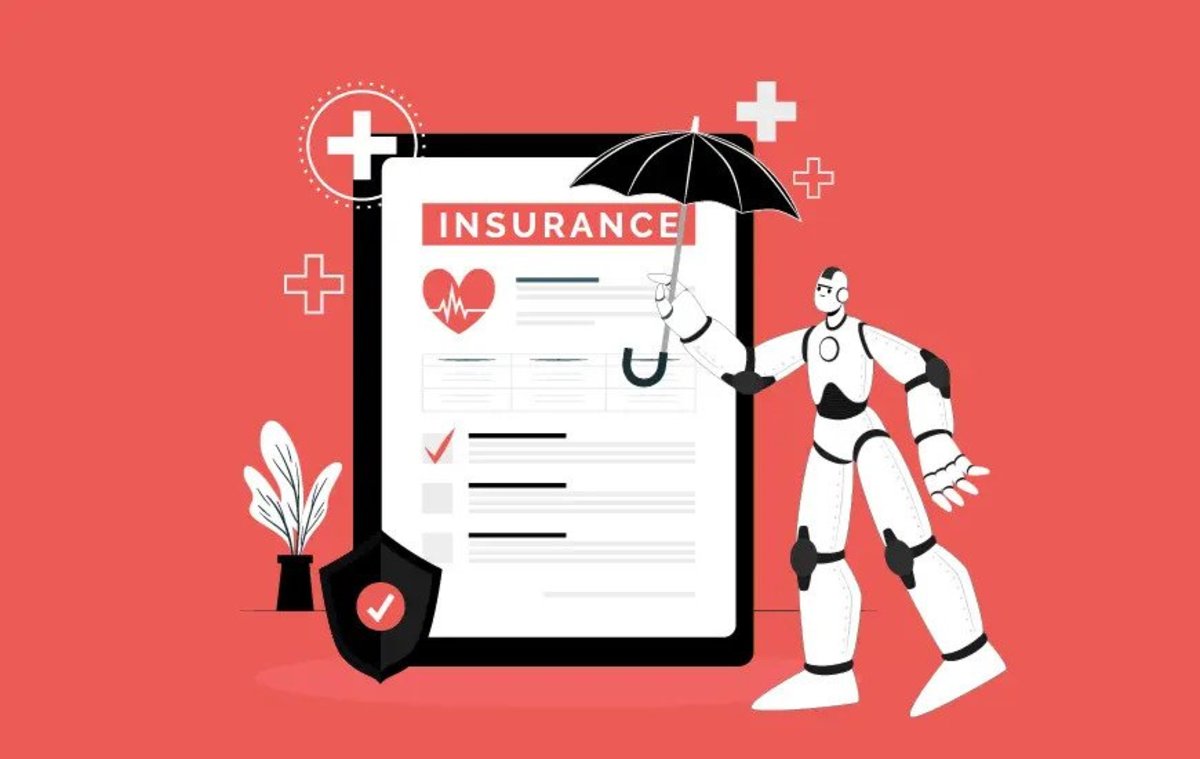Hazard Insurance: What It Is and How to Buy It
Insurance to protect a person from financial loss due to damage to their property.
Hazard insurance refers to insurance that protects property owners against financial losses due to fire, storms and other natural hazards that can damage property. These other disasters can include vandalism, flooding, damage resulting from failure of building systems such as water damage due to pipes freezing and bursting or a sewer backing up.
Hazard insurance is sometimes referred to as property or property and casualty insurance, fire insurance, flood insurance, etc. Homeowners insurance is what many people have in mind when they think of hazard insurance, but homeowners insurance is a policy that combines both hazard insurance and liability insurance into one policy for homeowners.
Fire is a Major Cause of Property Damage
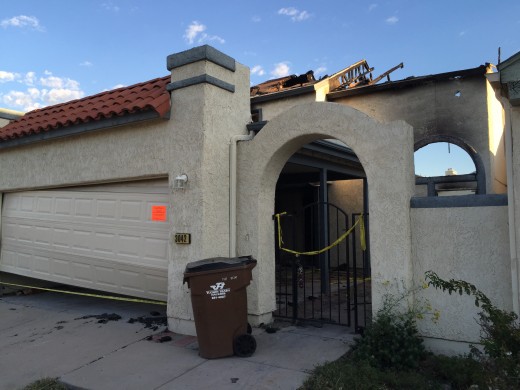
Types of Insurance, Exclusions and Extras
Hazard insurance does not cover all types of damage to property. Like any other type of insurance, hazard insurance is a legal contract between the insurance company issuing the policy and the individual or business purchasing the policy.
An open perils policy (with perils being dangers or threats that can result in damage to property) is one that covers damage from all types of dangers to property except those specifically excluded in the policy. In other words, if you have an open perils policy and your property is damaged, the insurance company will compensate you for the damage so long as the cause of the damage was not specifically mentioned in the policy as being excluded.
A named perils policy is just the opposite. Here the policy only covers financial losses due to property damage being caused by a peril specifically listed in the policy.
In addition to compensation for the cost of repair or replacement of the damage, policies will also often include the cost of hotel accommodations if homeowners have to live elsewhere while the property is being repaired, the cost of clean-up in the cases of fire and flood, etc..
Most Policies Don’t Cover Damage Resulting From Acts of War
In practically every case, financial losses resulting from damage due to acts of war are excluded. Since the U.S. has not had a major war fought on its soil since the Civil War and no serious foreign invasions since the War of 1812, this exclusion has not been much of a concern.
However, the September 11, 2001 terrorist attacks on the World Trade Center and the Pentagon have raised questions about whether or not losses due to terrorist attacks can be considered acts of war and thereby excluded from coverage.
For individuals this has not been much of a concern but insurance companies have started offering terrorism insurance and many businesses have been buying this insurance.
In addition to war, insurance companies will often exclude threats that are common in an area such as hurricanes in Florida and other states along the southern Atlantic and Gulf coasts, earthquakes in California and floods in areas prone to frequent flooding.
Storms are a Source of Property Damage
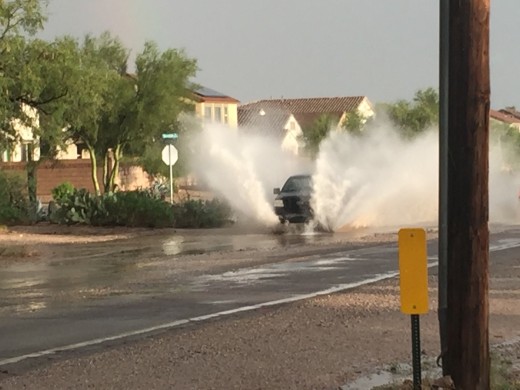
Special Coverage for Floods and Other Natural Disasters
Insurance to protect against losses due to hurricanes and tornadoes in areas where these types of storms are a common threat and earthquakes in areas like California is usually available as either a rider attached to an existing policy or as a separate hurricane or earthquake policy.
Of course, such riders and policies are very expensive. The Federal government also has a special program to provide flood insurance for properties in areas that are prone to frequent flooding.
Purchase of this insurance is mandatory if there is a federally insured (FHA or VA) mortgage on the property. Most other mortgage lenders also require that such properties carry this insurance as a condition of the mortgage.
Forest Fires are a Hazard to Property in Many Parts of the American West
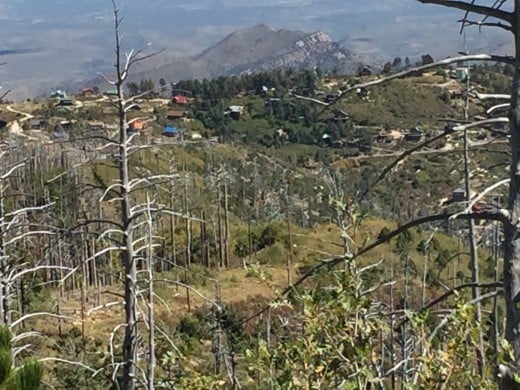
Homeowner’s Policies are Usually a Combination of Hazard and Liability Insurance
As mentioned above, most homeowners buy a special type of insurance called homeowners insurance to protect their property. Homeowners insurance is a combination hazard insurance policy and liability policy which protects the property owner against financial loss due to both damage from natural causes as well as claims against the property owner for injury or damage to other people or property resulting from negligence or other actions by the property owner.
The liability portion of the policy covers things like injury or damage to other people or their property include such things as a wind storm causing a tree to fall on a neighbor's house, an above ground pool in breaking and flooding a neighbor's basement, a visitor slipping on an icy sidewalk and breaking a leg, etc.
While it is a good idea for homeowners to have such a policy regardless of whether or not they have a mortgage on the property, they will usually be required to purchase such a policy if they borrow money to purchase the property or to obtain cash for their equity in the property.
A mortgage loan is secured by the property and if the value of the property is decreased due to physical damage to the property or due to a lien being attached to the property as a result of a lawsuit the mortgage lender wants to make sure insurance is available to provide funds to cover the damage.
Where to Buy Homeowners Insurance
Most major insurance companies have a property and casualty division which will sell homeowners and other types of hazard insurance including automobile collision and liability insurance.
Since car insurance is mandatory in most states, a good place to begin looking for homeowners or other types of hazard insurance is the agent or company from whom you purchased your car insurance. Some companies offer discounts for people who purchase both their car and homeowners insurance through them.
Some banks and real estate companies have insurance subsidiaries or offer insurance brokerage services for both their customers and others seeking insurance coverage.
Independent insurance agents represent multiple companies and can often provide not only good advice on buying homeowners and hazard insurance but are also able to shop multiple companies for rates and policies best suited to an individual's needs.
A good agent will also often handle, at no charge, the paperwork associated with filing a claim with the insurance company when your property is damaged.
Finally, there is always the Internet where you can both search for insurance companies and information about them and their policies as well as buy the insurance directly.
Rising Water from a Heavy Rain Storm Can Cause Damage to Property
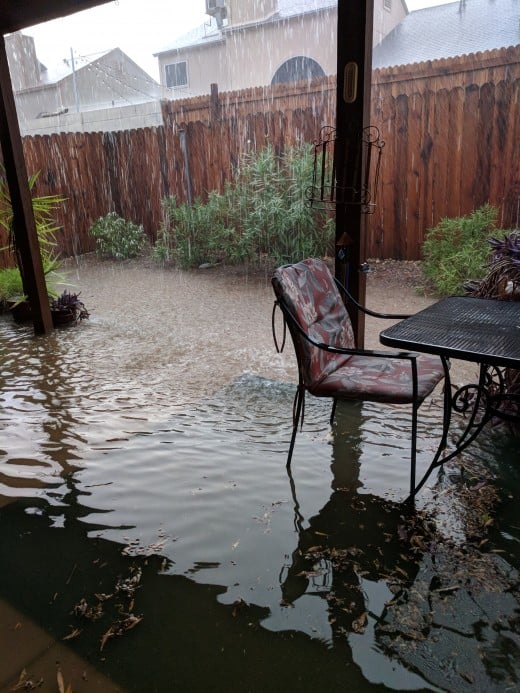
© 2006 Chuck Nugent




